Jonas Mekas on Filmmaking
“To me cinema is cinema. Cinema is one big tree with many branches. The same as literature. In literature, you don’t just say, ‘Oh, I bought some literature’. No, you say, “I bought a novel” by so-and-so , or a book of essays by so-and-so. In narrative cinema a certain terminology has already been established: ‘film noir’, ‘Western’, even ‘Spaghetti Western’. When we say “Film Noir” we know what we are talking about. But in non-narrative cinema we are a little bit lost. So sometimes, the only way to make us understand what we are talking about is to use the term avant-garde. Cinema is still a little bit too young, we do not yet have developed terms for all the different, small branches of the cinema tree.
I’m working in a form of cinema that can be described, and has been described, as a diaristic form of cinema. In other words, with material from my own life. I walk through life with my camera, and occasionally I film. I never think about scripts, never think about films, making films. The result though, eventually, is a finished film, shorter or longer. But the film is determined by the material that I have shot. I’m not collecting material to illustrate a certain idea. The idea comes from how I put it together from the material that already exists. I’m a filmmaker but my working procedures are different. All my basic structuring is done during the filming. You know, how long I keep the shot, the exposure, or the speed – slower or faster, etc. That’s structuring. And then there is a second stage of structuring that comes later when I begin to put those pieces together. I play with those pieces to make it all into some kind of unity. Sometimes I have to eliminate some pieces. Usually I say, ‘When in doubt, cut it out’. The same in writing. You can never go wrong by eliminating. Don’t throw it out, just cut it out.”
Read the full interview here.


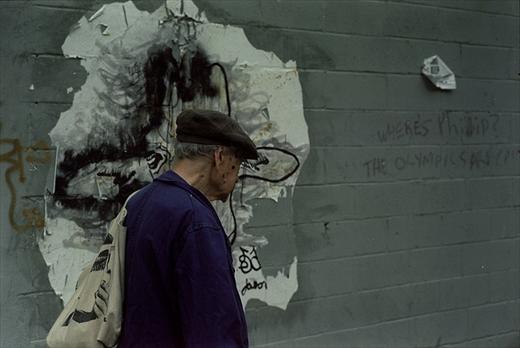
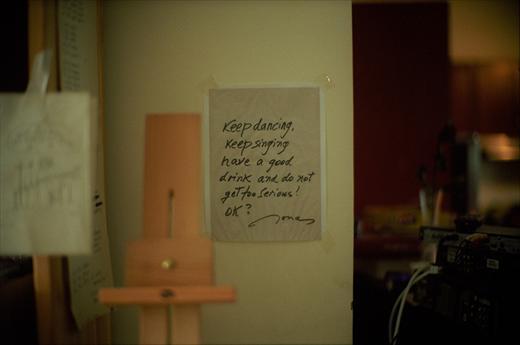
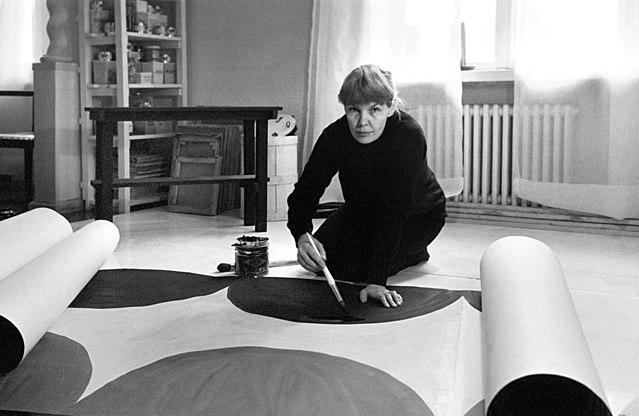
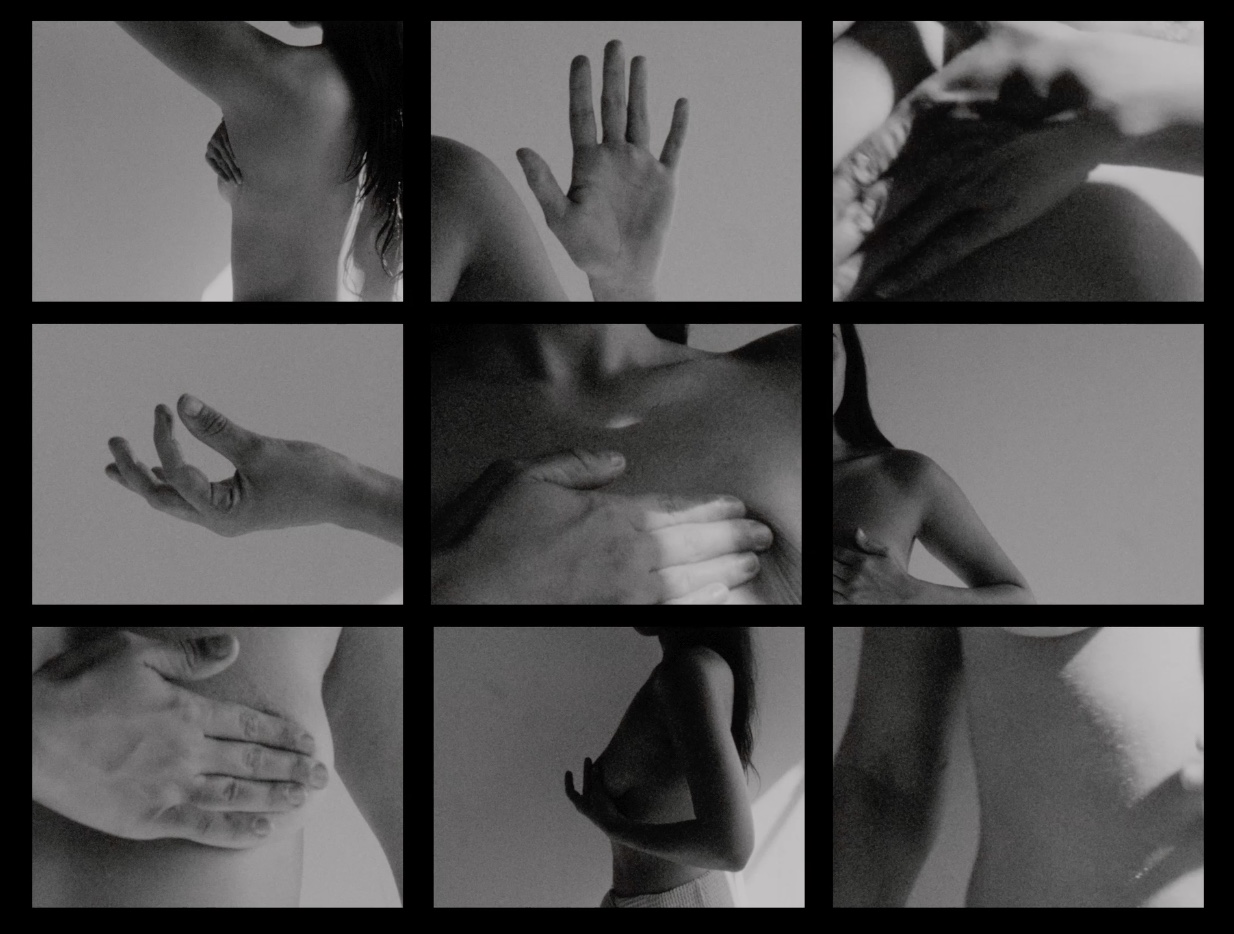
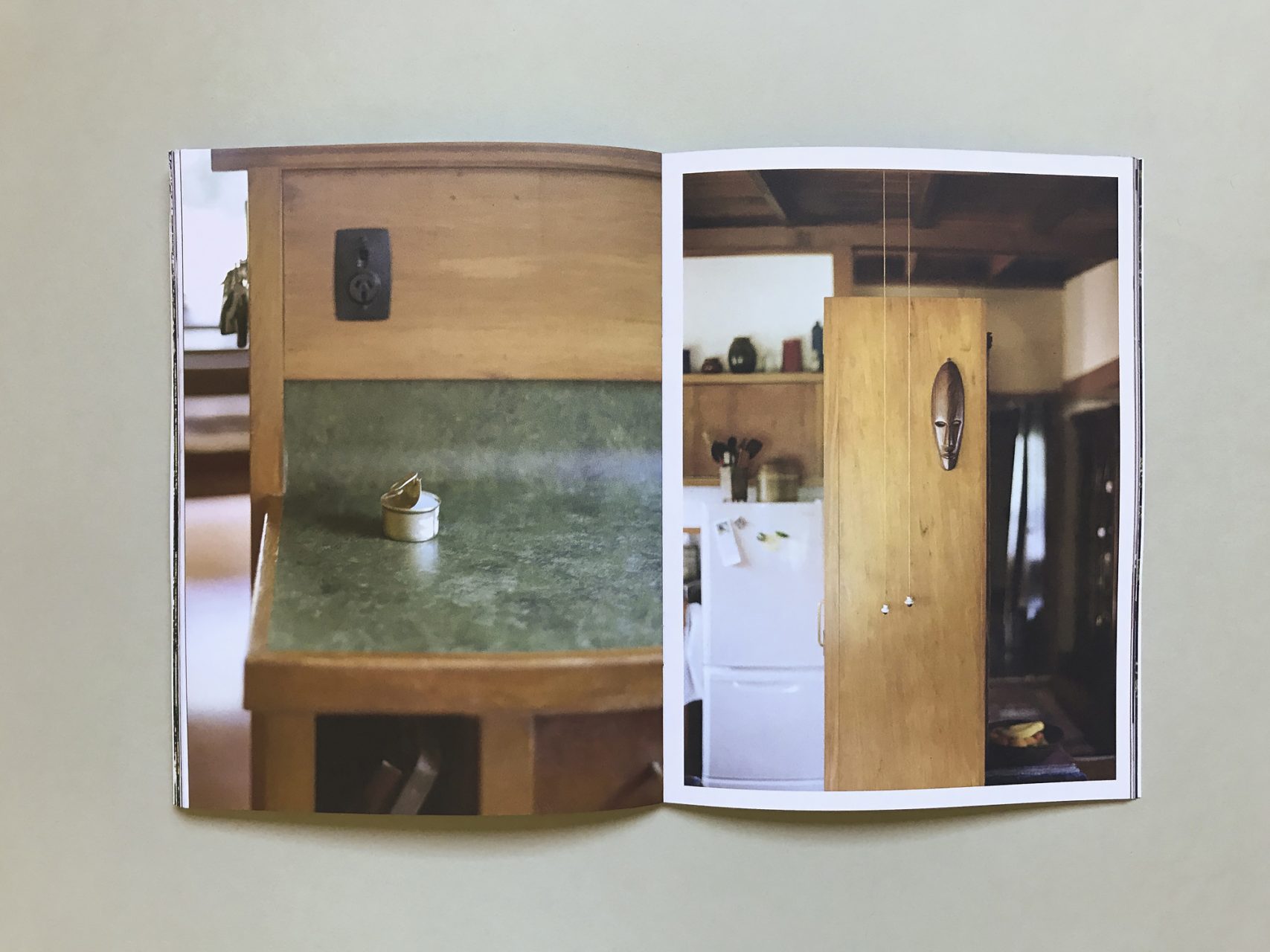
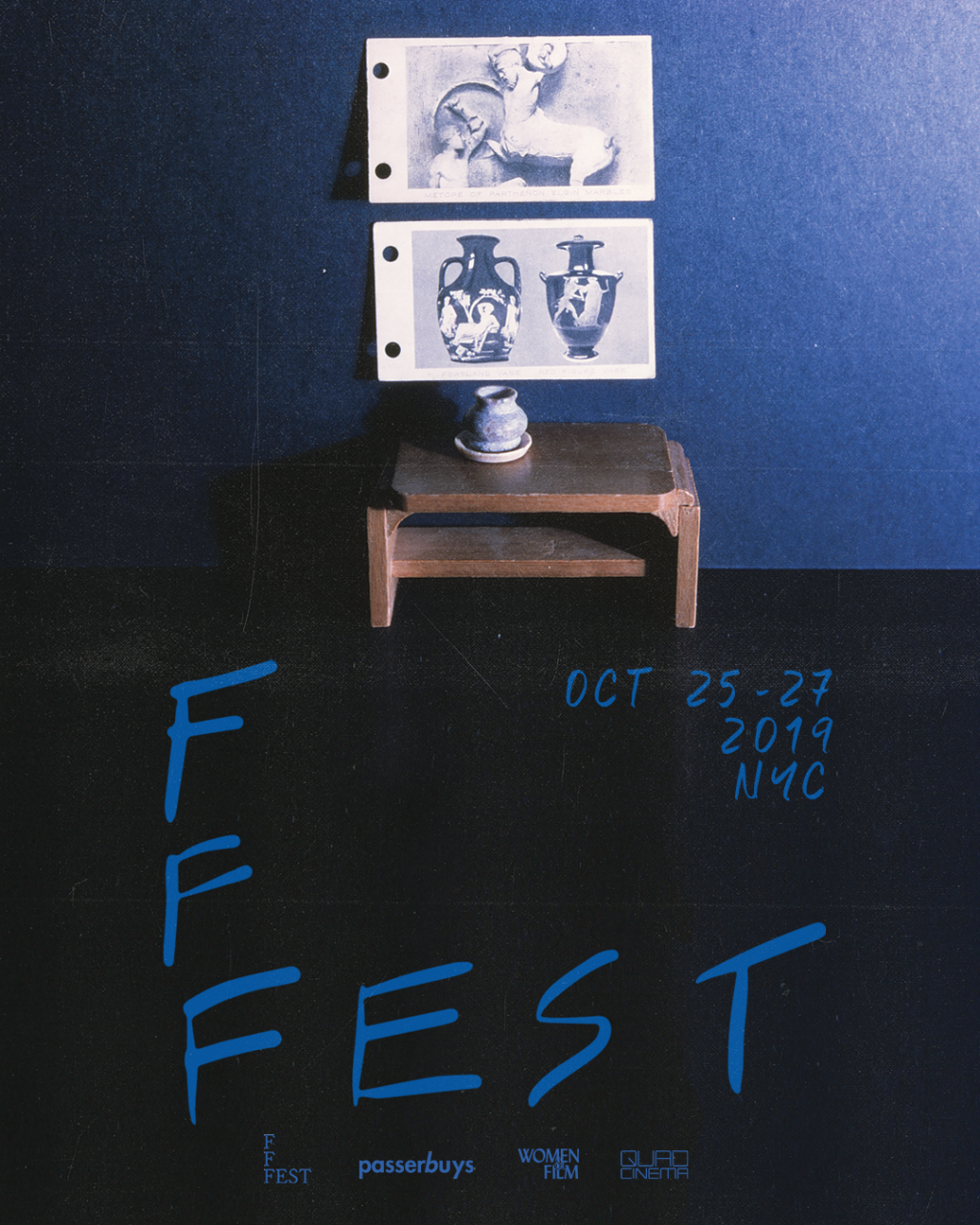
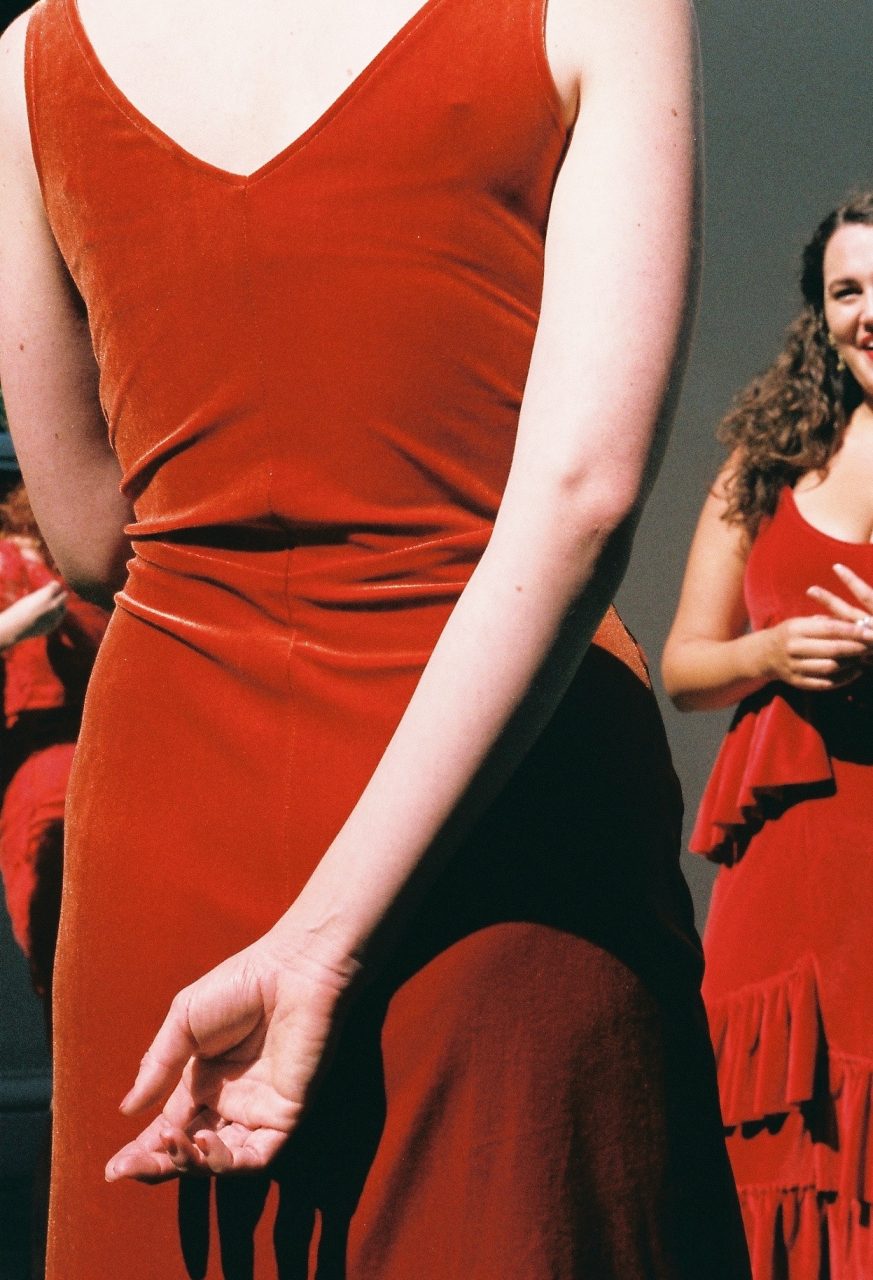
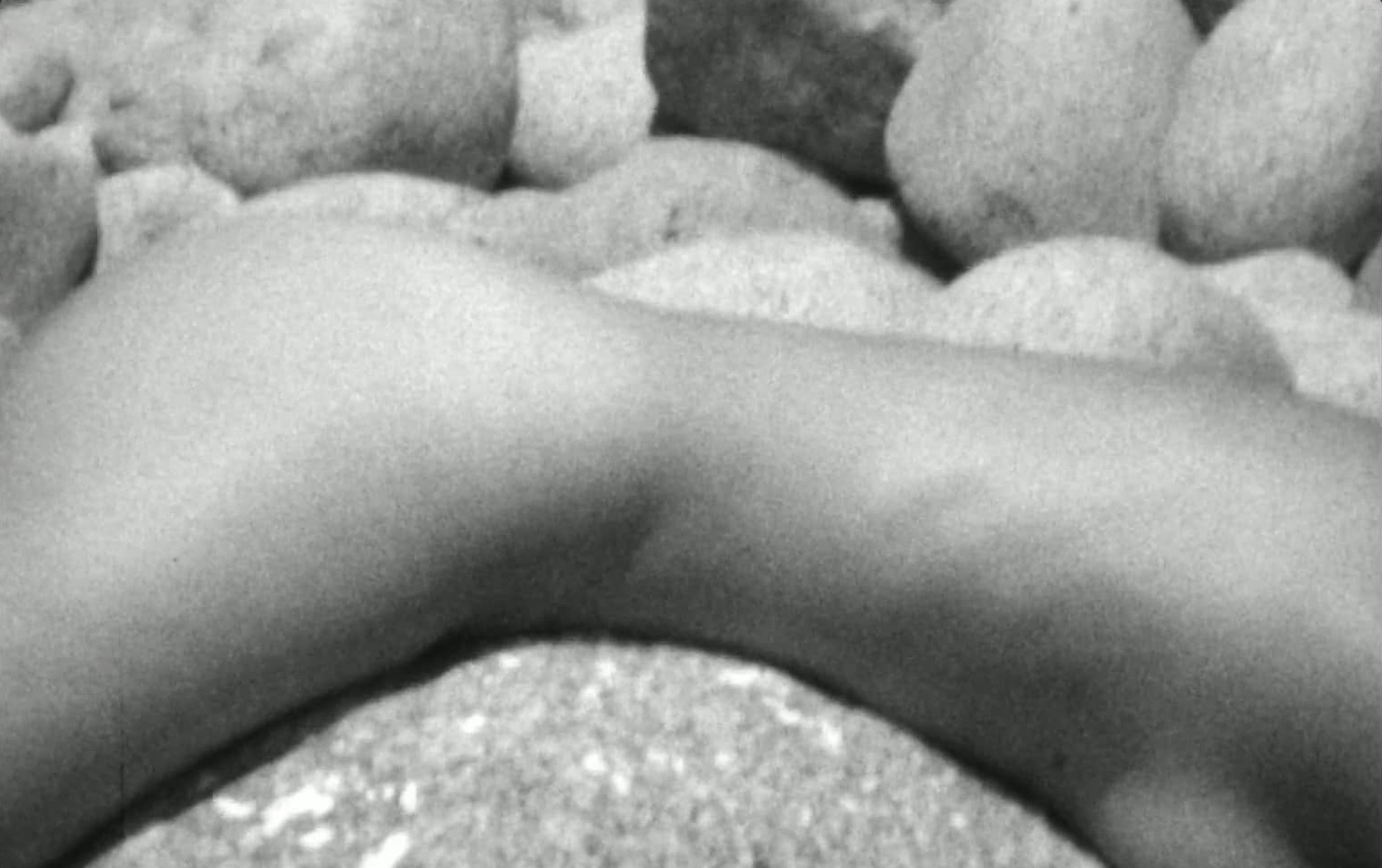
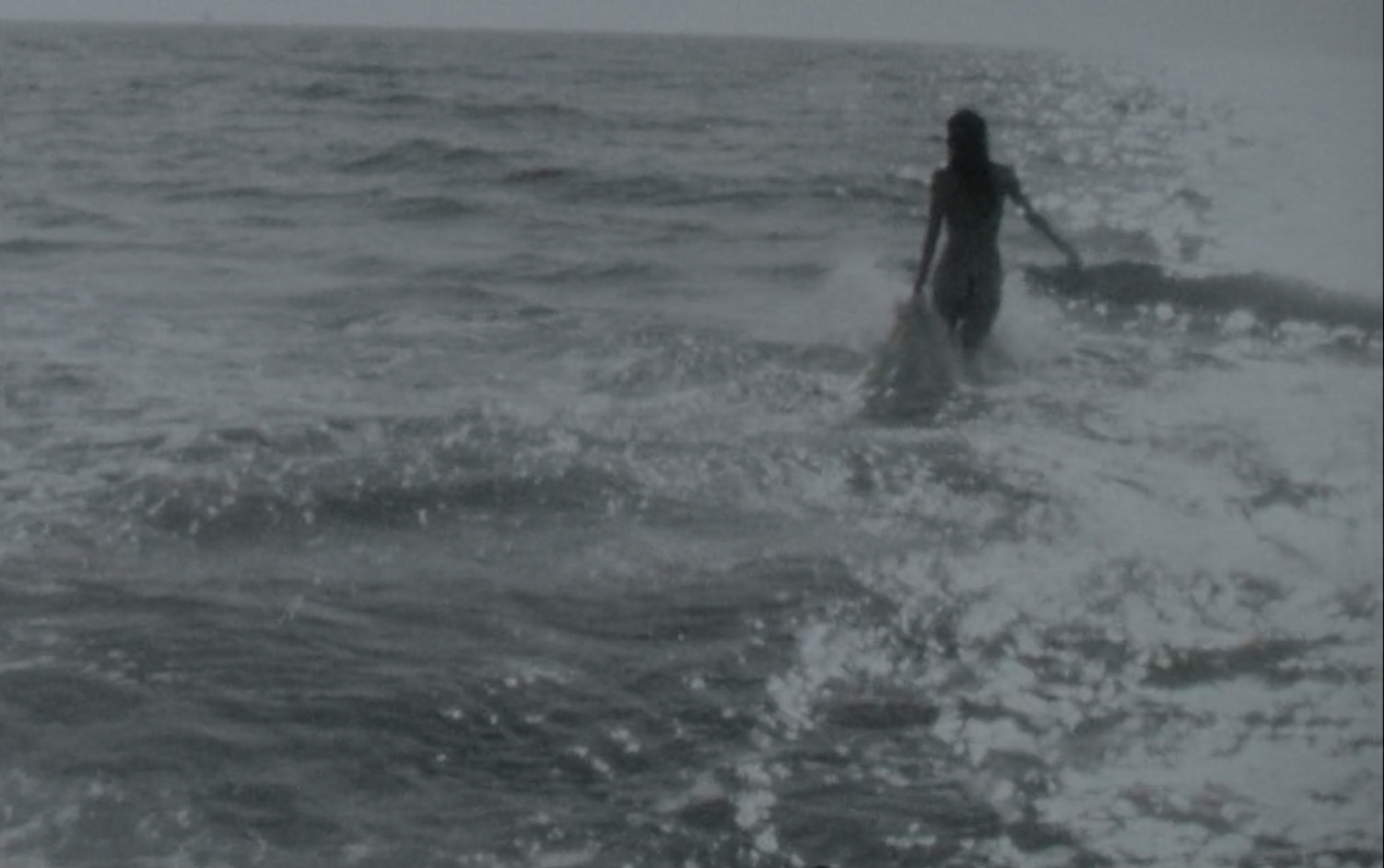
One thought on “Jonas Mekas on Filmmaking”
Comments are closed.